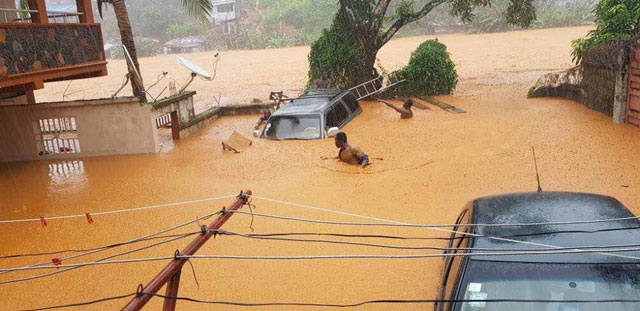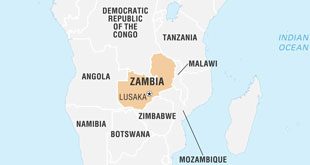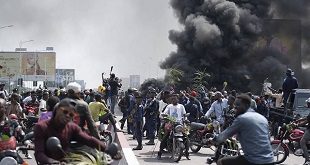
Freetown, Sierra Leone | AFP | Rescue workers resumed the grim task Tuesday of pulling bodies from destroyed houses and muddy pools in Sierra Leone’s capital Freetown, where more than 300 people have died in flooding and mudslides.
The government has promised relief to the more than 3,000 people left homeless, opening an emergency response centre in the hilltop community of Regent, while Israel said it was sending aid as quickly as possible to the stricken west African city.
Registration centres to count the homeless were due to open across Freetown, a city of around one million people, while Interior Minister Paolo Conteh warned via Sierra Leone’s state broadcaster that thousands of people remained missing.
Red Cross spokesman Patrick Massaquoi told AFP on Monday that the death toll was 312 but this is expected to rise further as his team assess disaster areas in Freetown and tally the number of dead.
President Ernest Bai Koroma appealed for unity from a nation still struggling with the legacy of Ebola and a long civil war in an address to the nation on Monday.
“Our nation has once again been gripped by grief. Many of our compatriots have lost their lives, many more have been gravely injured and billions of leones’ worth of property destroyed in the flooding and landslides that swept across some parts of our city,” he said.
“Every single family, every single ethnic group, every single region is either directly or indirectly affected by this disaster.”
– ‘Entire communities washed away’ –
Three days of torrential rain culminated on Monday in a mudslide in Regent, the worst affected area, and caused massive flooding elsewhere in the city, one of the world’s wettest urban areas.
Informal settlements that cling to the hills and shores were swept away or torn apart, and the city’s drainage system was quickly overwhelmed, leaving stagnant water pooling in some areas and creating dangerous churning waterways down steep streets.
“In places, entire communities seem to have been washed away and whatever is left is covered in mud,” said Abdul Nasir, programme coordinator for the International Federation of Red Cross and Red Crescent Societies (IFRC).
He described Red Cross volunteers “digging with their bare hands and whatever tools (were) available to find survivors”.
 The Independent Uganda: You get the Truth we Pay the Price
The Independent Uganda: You get the Truth we Pay the Price


